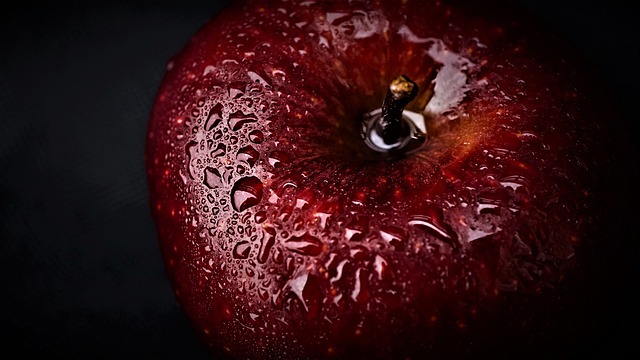The Ultimate Guide to Probiotic Superfoods: Nourishment for a Healthy Gut
Probiotics have gained significant attention in recent years for their potential health benefits, particularly for maintaining a healthy gut. The human gut is home to trillions of bacteria, both good and bad, which play a crucial role in our overall well-being. Consuming probiotic-rich foods can help promote a balance of beneficial bacteria in the gut, supporting digestion, immunity, and overall gut health.
What are Probiotics?
Probiotics are live bacteria and yeasts that are beneficial to our health, especially our digestive system. These microorganisms can be found naturally in our bodies and certain foods. They work by restoring the natural balance of good bacteria in the gut, which can be disrupted by factors such as poor diet, stress, antibiotics, and illness.
The Benefits of Probiotics
The consumption of probiotics has been associated with numerous health benefits, including:
- Improved Digestion: Probiotics can aid in the breakdown and absorption of nutrients, supporting a healthy digestive system.
- Boosted Immunity: The gut is a central component of our immune system. Probiotics help strengthen the gut barrier, enhance immune response, and reduce the risk of infections.
- Reduced Inflammation: Certain strains of probiotics have been shown to reduce inflammation in the gut, potentially alleviating symptoms of conditions such as irritable bowel syndrome (IBS) and inflammatory bowel disease (IBD).
- Enhanced Mental Health: Emerging research suggests a strong link between the gut and brain. Probiotics may help improve mood, reduce symptoms of anxiety and depression, and support mental well-being.
- Weight Management: Some studies have shown that certain probiotic strains can help with weight loss and the prevention of obesity.
Probiotic Superfoods for a Healthy Gut
While probiotic supplements are readily available, incorporating probiotic-rich foods into your diet is a more natural and delicious way to support a healthy gut. Here are some superfoods that are known for their probiotic content:
- Yogurt: Yogurt is one of the most common and accessible sources of probiotics. Look for plain, unsweetened yogurt with live and active cultures.
- Kefir: Similar to yogurt, kefir is a fermented milk drink that contains high levels of beneficial bacteria and yeasts.
- Sauerkraut: Sauerkraut is made from fermented cabbage and is a great source of probiotics. Be sure to choose the unpasteurized variety to ensure the live cultures are intact.
- Kombucha: Kombucha is a fermented tea drink that contains probiotics and is rich in antioxidants.
- Miso: Miso is a traditional Japanese seasoning made from fermented soybeans. It adds a unique savory flavor to dishes while providing beneficial bacteria.
- Kimchi: Kimchi is a spicy Korean side dish made from fermented vegetables. It is known for its probiotic content and distinctive flavor.
Tips for Incorporating Probiotics into Your Diet
Here are some practical tips to help you introduce probiotic-rich foods into your daily meals:
- Start small: If you’re new to probiotics, begin by consuming small amounts and gradually increase your intake to allow your body to adjust.
- Diversify your sources: Incorporate a variety of probiotic-rich foods into your diet to ensure you benefit from different strains of bacteria.
- Read labels: When purchasing probiotic foods, check the labels for live and active cultures. Avoid highly processed or pasteurized products, as they may have reduced probiotic content.
- Cook with miso: Add miso to soups, marinades, and dressings for a probiotic boost and delicious umami flavor.







